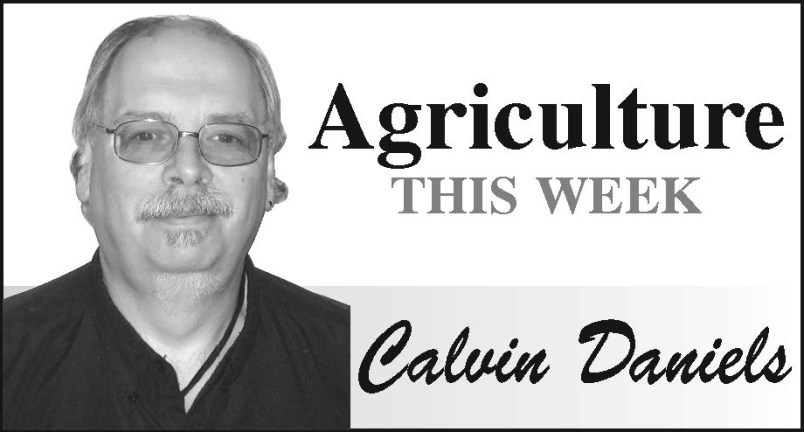Farming has always been a career path where you required a multitude of skills to make it.��
I can recall my Dad having to mix chemicals to spray a crop one day, castrate young pigs another, grease a combine on another and dig post holes by hand on another.��
Of course he farmed in an era where most farms were still mixed so operators required a mix of animal husbandry skills, and how to operate farm machinery in the field.��
Today, farms tend to be more specialized but that has not changed the need for varied skills.��
Moving forward, whether grain, or livestock, producers will need to be well versed in technologies which��today��are just starting to emerge on farms.��
There is little doubt, at least in my mind, how farmers operate will increasingly be computer controlled, often autonomous, leaving producers sitting at computer screens rather than physically in tractor cabs, or walking the barn floor.��
You can’t open a farm publication��today��without at least a couple of stories on cutting-edge technology being developed for the sector.��
As noted, I recall Dad heading to the field to spray with a contraption that looked like a big barrel with rather short booms on either side. I am sure there��were more than once his gloves were soaked with the spray product and he would have breathed the fumes, but that was back in the late 1960s and early 70s.��
Today, spray units look more like alien vehicles from a sci-fi flick.��
Tomorrow, well research is ongoing around autonomous agricultural spraying with unmanned flying vehicles, or drones doing the work with the ability to identify weeds and apply the product only to offending plants. It is tech I imagine my Dad would have hardly been able to imagine as more than a fantasy, yet it appears close to being farm ready.��
Of course autonomous tractors are already here, and as that tech develops it will take electric power to farm fields in a way most could barely have dreamed only a decade ago.��
And, a recent www.producer.com ��story looked at the impact nanotech may have on agriculture. When you begin developing tech at such a small scale the doors open rather widely in regards to what might be developed.��
As the story noted, “nanoparticles are extremely small, measured in billionths of a metre or nanometres. This is the realm of molecules — it takes about three water molecules to make one nanometre, and DNA is about two nanometres wide. A human hair is more than 80,000 nanometres thick.”��
At this level you can protect crops and stock at a near molecular level, which has obvious advantages if, or when developed.��
Certainly farmers need to stay current with the possibilities and challenges tech will mean down the road.��
��




